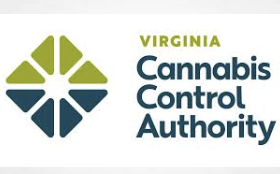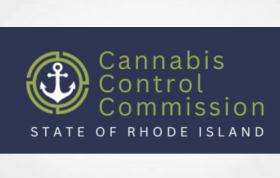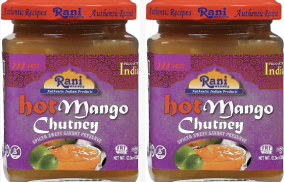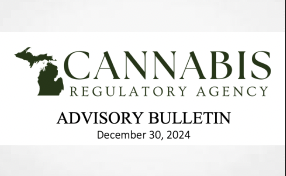In a time of unprecedented uncertainty, it can be hard to search for a silver lining in the clouds, so the following legal and policy updates related to the cannabis industry may be just what you need to hear in order to make it through another week of quarantine and social-distancing. On March 27, 2020, Congress passed the CARES Act in response to the COVID-19 pandemic, and the legislation included substantial changes to the Food and Drug Administration (“FDA”) Over-the-Counter (“OTC”) Drug Approval Process. While the cannabis industry cannot take advantage of the Small Business Administration (“SBA”) emergency loan program, there may be something that the entire cannabis industry can celebrate as a result of the CARES Act enactment.
The majority of the CARES Act relates to COVID-19, but part of the emergency relief legislation contains changes to the Over-the-Counter (OTC) Drug approval process, which has been criticized as stagnant, outdated, and ineffective by the Food and Drug Administration (FDA) and industry participants alike. The reform legislation will accelerate the administrative approval process for new OTC drug products by eliminating burdensome procedural requirements, impose new user fees for sponsors of new OTC drug profiles (called “monographs”), and provide sponsors of new or amended OTC drug monographs with 18 months of marketing exclusivity.
It is important to understand that OTC drug products (or the active ingredients) must be “Generally Recognized As Safe and Effective (“GRASE”)” for use in treating medical conditions that are amenable to self-diagnosis. The ability to use a drug safely and effectively for a specific condition or symptoms without physician oversight is critical to OTC drug labeling and packaging information because all usage and dosage instructions must be understood by laymen (i.e. non-physicians). In case you forgot about the numerous warning letters sent to CBD manufacturers over the past several years, the FDA cited companies for marketing CBD drugs for use in treating conditions that were not amenable to self-diagnosis, i.e. cancer, MS, Alzheimer’s etc.
In order to market a new (unapproved) OTC drug product in the United States, a drug manufacturer must either: (1) submit a New Drug Application (NDA) to FDA seeking approval to market a new drug product, OR (2) the drug product must conform to the specific labeling and packaging requirements contained in an OTC drug monograph. For example, the drug monograph for acetaminophen states that the drug label must include a warning statement that alerts consumers to the potential for serious and potentially fatal liver damage stemming from use of the drug in certain individuals. The drug monographs initially approved in 1972 are still in effect today, but these requirements do not necessarily reflect the most recent research findings or adverse event reports because the (former) law required FDA to make changes only through administrative rulemaking, a very time-consuming process. However, the CARES Act eliminated the administrative rulemaking requirement, allowing FDA to update OTC monographs quickly in the event of new information reflecting previously unknown contraindications, or the development of serious medical issues among certain populations. Prior to the CARES Act, the major benefit to complying with an OTC monograph (rather than submitting a NDA), was cost—or lack thereof, specifically in the form of user fees. However, the major advantage to seeking FDA approval via NDA rather than an OTC monograph was the availability of market exclusivity for manufacturers of specific drug products approved via the NDA process.
These major changes to the OTC drug process will provide a significant opportunity for CBD product manufacturers in that it will allow drug sponsors to present updated research findings to FDA officials regarding the safety and effectiveness of cannabidiol in treating certain conditions and symptoms that are amenable to self-diagnosis. While the specific research findings will ultimately determine FDA’s response to a request for OTC drug approval, the final administrative order could authorize the sale of CBD drug products for specific conditions and/or symptoms within a much shorter period of time compared to the former rulemaking process.
http://portlandmarijuanaattorneys.com/2020/05/04/fda-drug-approval/


















